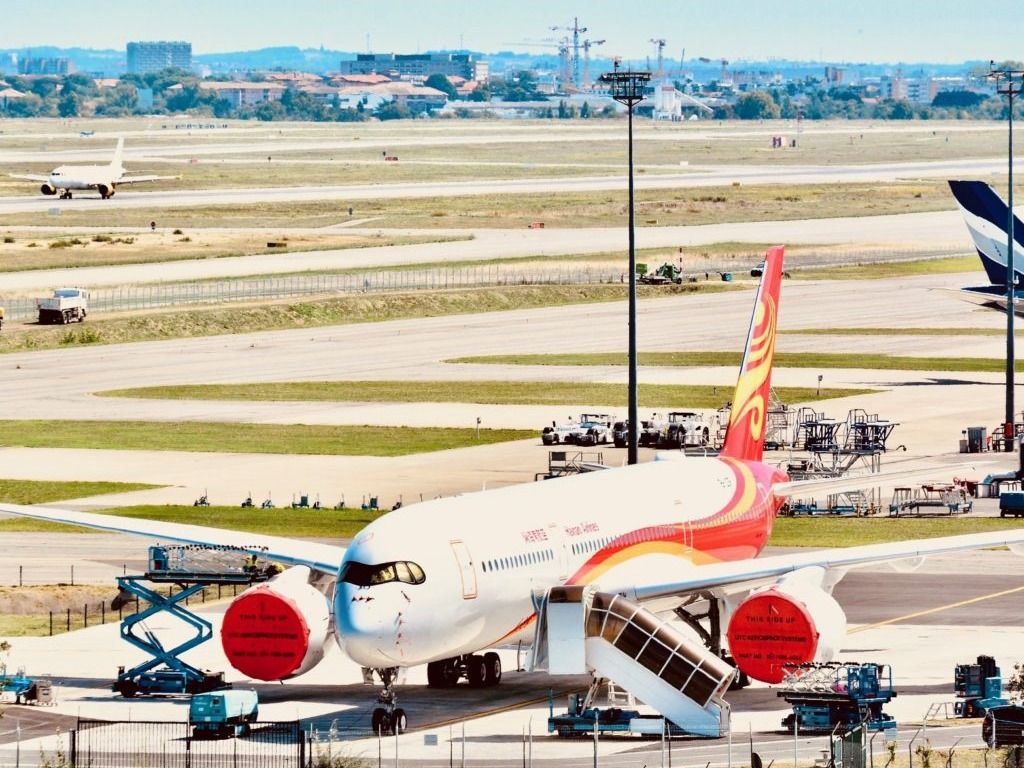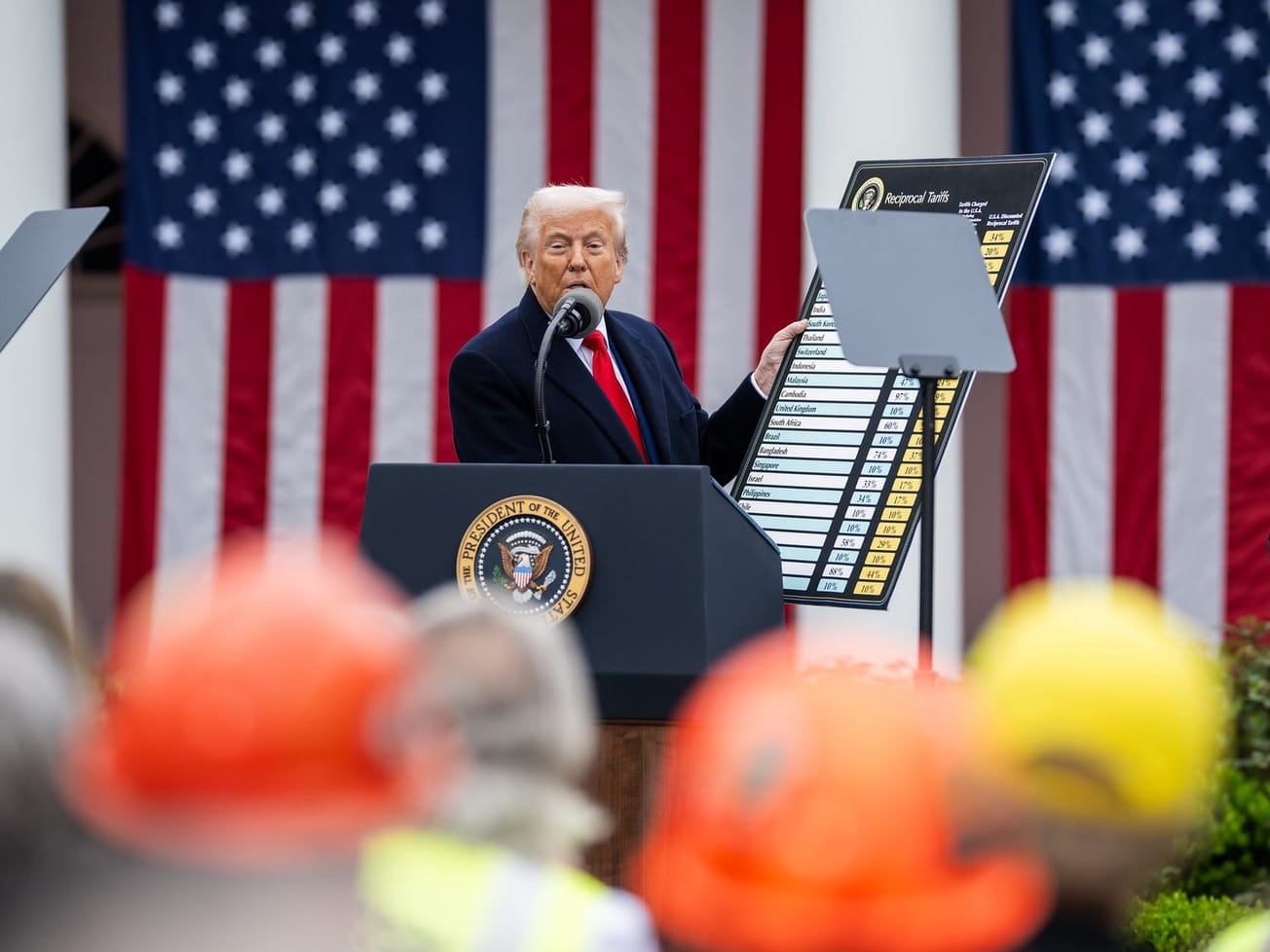WASHINGTON (AN) — World Bank and International Monetary Fund leaders called on 189 member nations on Friday for help in easing trade and geopolitical tensions that are rattling a slowing global economy and undercutting anti-poverty efforts.
The World Bank’s president, David Malpass, said the slowing global growth was compromising the work of encouraging developing economies and of lifting 700 million people out of extreme poverty around the world.









